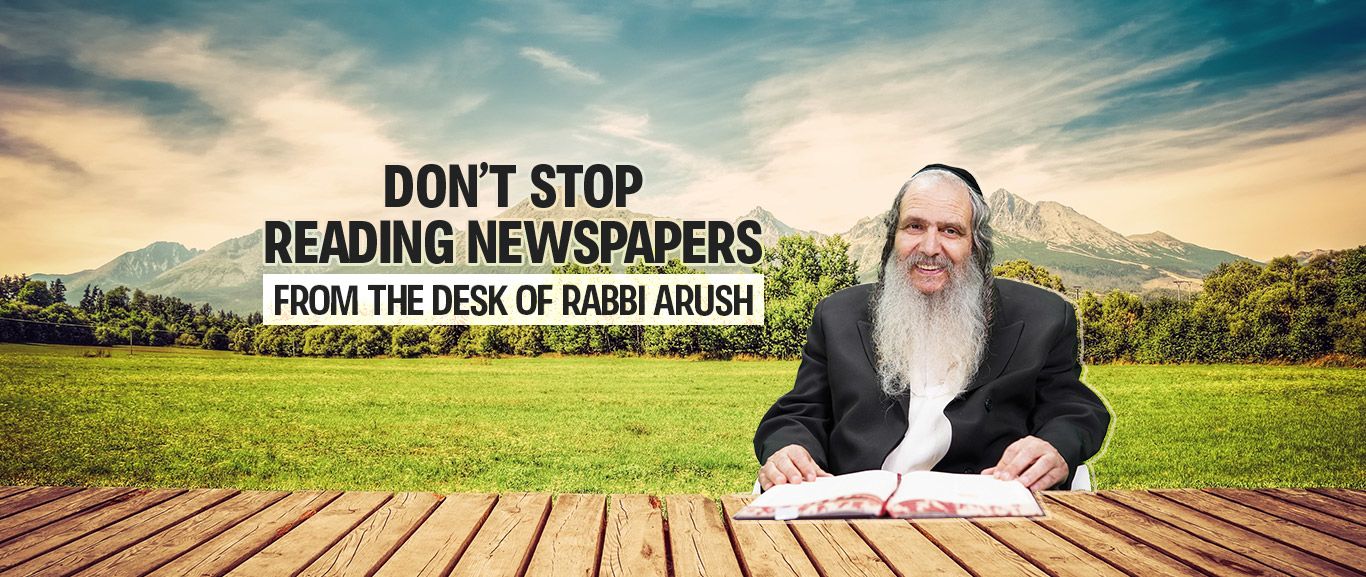
Don’t Stop Reading Newspapers
If we take an honest look, don't we see warning lights about some of our behavior? Disregarding those warnings in order to continue in our comfort zone is a form of self-punishment. Rabbi Arush explains...

Translated from Rabbi Arush’s feature article in the weekly Chut shel Chessed newsletter. The articles focus on his main messages: Praying for the geula, and following the mitzvot of “Loving others as yourself”.
The Right to Live in a Lie
You have most probably heard what a heavy smoker did when he read in the newspaper that cigarettes are bad for one’s health.
You haven’t heard?
He stopped reading newspapers…
This joke would be funny if it didn’t reflect a very sad situation: A person is willing to shut off all the warning lights that interfere with his doing as he wishes, and he prefers to ignore and deny the truth and continue in his comfortable way, the way of falsity, moral distortion, imaginary satisfaction that in the end will bring bitter disappointment. And all that, in spite of the fact that it is a very dangerous way, and the first to be hurt will be he himself.
And that is exactly the message of the midrash that almost all of us know from kindergarten.
The midrash says that before the Holy One, Blessed Be He, gave the Torah to the Jewish People, he turned to all the nations and offered it to them. The goyim (Gentiles) wanted to know what they were agreeing to. And when they heard that the thing that they find most satisfying is forbidden by the Torah, they refused it politely. Or, in Rabbi Nachman’s language: “And each and every one did not want to receive it, because they heard that the midda (trait) they are attached to is forbidden by the Torah.”
Many ask about this midrash: If the Holy One, Blessed Be He, wanted all the goyim to accept the Torah, why did He mention to each nation precisely the thing that they would find most difficult to take upon themselves? That is what a salesman does when he doesn’t want to sell a product! And if the Holy One, Blessed Be He, didn’t want the goyim to receive the Torah, why did he approach them?
Enemy or Friend
But according to the joke we started with, it is very understandable. Every base desire and bad midda (character trait) are exactly like a cigarette – an attractive and compelling thing that controls a person and subjugates him. It eats away at his life, his health, his money; it ruins life, darkens it. The cigarette makes him more tense and dependent and pushes him further away from true happiness and pleasure.
And exactly as with smoking, there are those who identify the cigarette as the problem and the disease – and even though they are for the time being bound to it and it is hard for them to kick the habit, they are at least searching for a solution, for an idea. They check out solutions and try, make efforts. They certainly listen to someone who wants to help them.
And conversely, there are those who see the cigarette as the chief pleasure of this world, as something to live for. Such people are not willing to hear anything that might take them away from the joy of their life. To those who want to help them they say: Oh, stop your preaching, stop selling me your truth; leave me alone and don’t talk to me about true quality of life. Don’t touch my desire, don’t touch my smoking!
Searching for the Cure
The same thing is true for bad desires and middot. A bad desire or trait is a punishment in and of itself.
Base desires steal from a person the true pleasure of life – the spiritual pleasure for which man was created, the only pleasure that gives man life and meaning and really fulfill him. The base desire offers a cheap and fleeting substitute, which only distances one from the true pleasure and increases the thirst and the lack of meaning – like saltwater.
And the bad traits ruin one’s quality of life, one’s joy, one’s healthy social and familial connections. Instead of living a relaxed and happy life, a person eats himself up with envy, hatred and competitiveness, anger and depression. A bad trait is a very heavy punishment.
So, we see that desires and bad traits bring about suffering and they are actually a punishment. Hell on earth.
Whoever understands that searches for a cure, a solution; he wishes to release himself from it, to become clean. The moment he hears that there is a cure, even if it might not be so easy – he goes for it without hesitating: “We will do and we will hear.”
But if he doesn’t understand this yet, and still sees his base desires and middot as the purpose and way of life, he won’t let anyone touch them, even the Creator of the World Himself. Do not try to explain to him how detrimental it is to his life – it won’t help. You say that it says in the Torah that it is harmful? So, keep that Torah away from me…
This World and the Next World
Let us touch on two elements that can be learned from this midrash.
The first and most basic one is to understand that the Torah is a cure. It is not only a set of laws – what is permitted or forbidden. It does not forbid you to have corrupt middot; rather, it cures you of the diseases called bad traits and base desires. It gives you spiritual light and the strength to free yourself from the prison of bad traits and desires. And the main thing is that the Torah gives you the real and only substitute, the true satisfaction in life, the true pleasure.
That second thing is connected with our work. We too have to avoid this behavior of the goyim. If we want a good life, to truly receive the Torah, as a first step we must acknowledge the disease – realize that the bad traits and base desires are the problem. In fact, they are the problem of our lives.
Your choosing the base desire and the bad trait is both the sin and the punishment. On the other hand, a good midda is even more powerful than a bad one: your choice to acknowledge the disease and begin to listen to the Torah and be cured is also big mitzvah – and is itself the reward!
The thought that base desires are good for someone is darkness. Spiritual blindness. As Rabbi Nachman says: Seventy dark aspects/faces. But the Holy Torah fixes this. Because the Holy Torah has seventy shining aspects/faces. The Torah’s aspects/faces light up the world to the person and show him the truth and remove the mask of lies and darkness.
How Does One Get Cured?
At this point I wish to go on to an important point that Rabbi Nachman emphasizes regarding learning Torah:
When does the Torah heal and illuminate us? Says Rabbeinu: “When a person merits studying the Torah, to the point that he understands the wisdoms of the Torah, then the middot and desires of the idol worshipers surrender.” Because the words and letters of the Torah are only a vessel for the deep Divine wisdom, which is the main thing in the Torah. When a person learns without attempting to understand, says Rabbi Nachman, he is shaking off the yoke of Torah, because he is disconnecting himself from the wisdom, which is the main thing in the Torah and in that he is bringing upon himself the dark aspect/face, in other words, the base desires and bad traits of the non-Jews, and surrenders to them.
Rabbi Nachman says a shocking thing: Whoever learns Torah without trying to understand it is considered that he is “shaking off the yoke of Torah”! and he even calls it “a poisonous potion”!
Only when a person studies in depth, in other words, with the will and intention and effort to understand it as well as he can – then the Torah is a healing Torah, the life potion, and that is the Torah about which it says, “Whoever takes upon himself the yoke of the Torah, they remove from him the yoke of government and the yoke of worldly concerns.” And according to Rabbi Nachman, these yokes include all the suffering in this world.
And what is said mistakenly in the name of Rabbi Nachman – that he says people should read Torah without understanding – I am very puzzled as to how one can say such a thing, against explicit and very stark paragraphs of his, such as Likutei Moharan 101, some of which we have brought here, and Likutei Moharan 74, in which Rabbi Nachman says that the healing of a person’s nefesh (psyche) is dependent on his laboring in Torah until he merits to understand. So how can one say that it’s enough to just read through it?
Indeed, there is such a statement of his, in which he says to read through, but the elders of the Breslev chassidut explain that it is talking about someone who cannot study and understand at all, or it’s talking about a person setting a short, limited amount of time in day in which he will just read, in order at least become familiar with as many parts of the Torah as possible. But his main study, both in quantity and quality, should be with understanding and delving into the depths.
May Hashem merit us to understand deep in our souls that the desires and bad traits are a disease, and merit us to accept upon ourselves the yoke of Torah really and truly and to study in depth; and in the merit of the light in the Torah, Hashem should heal us from all the bad desires and traits, and we will achieve complete emuna (faith).


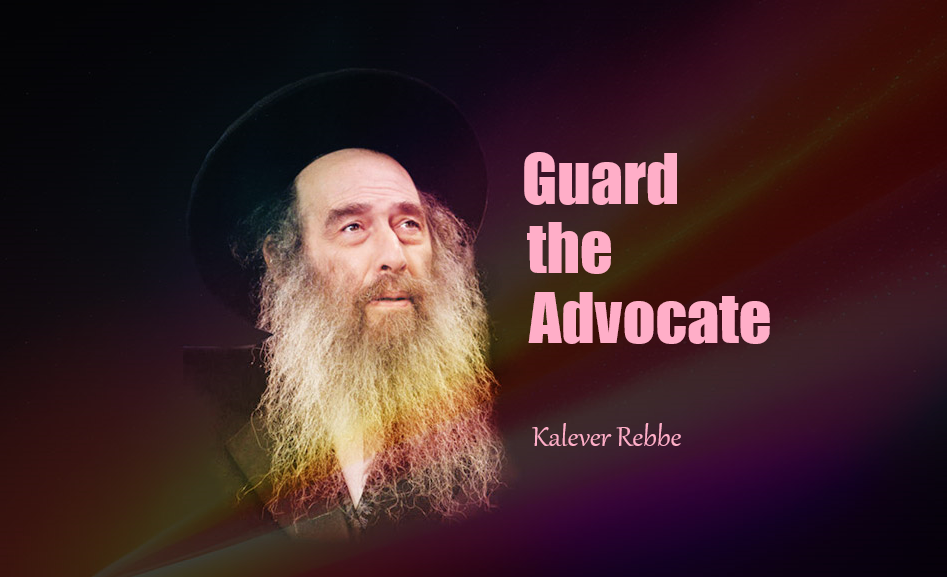
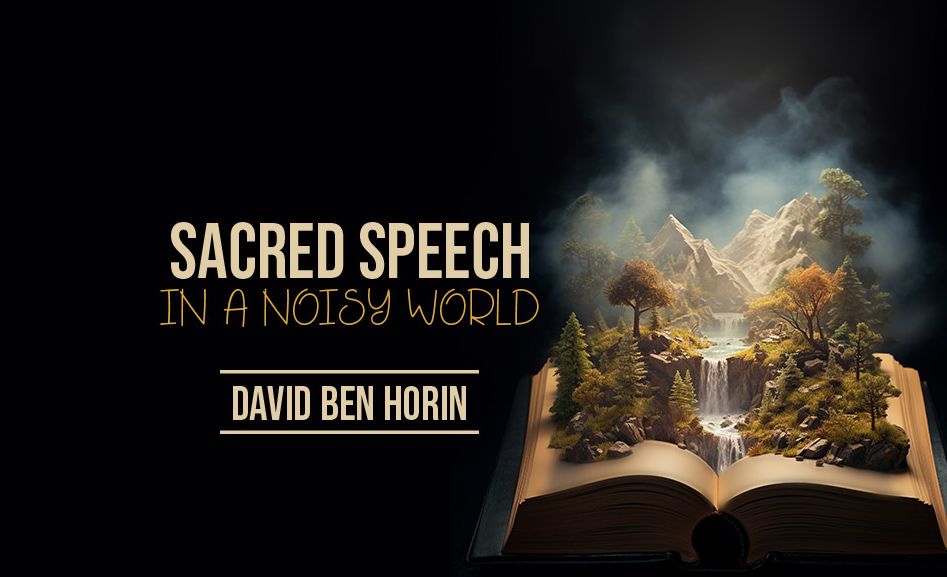
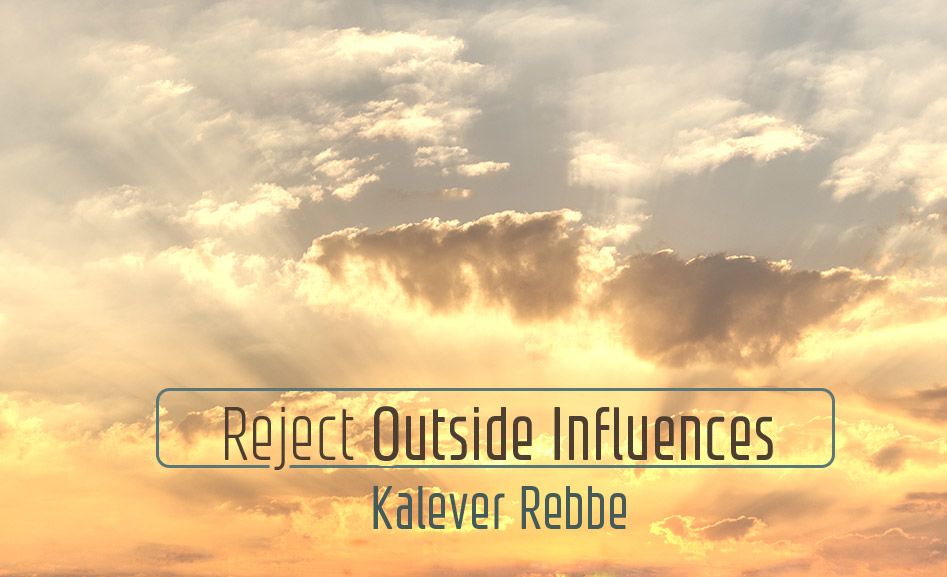
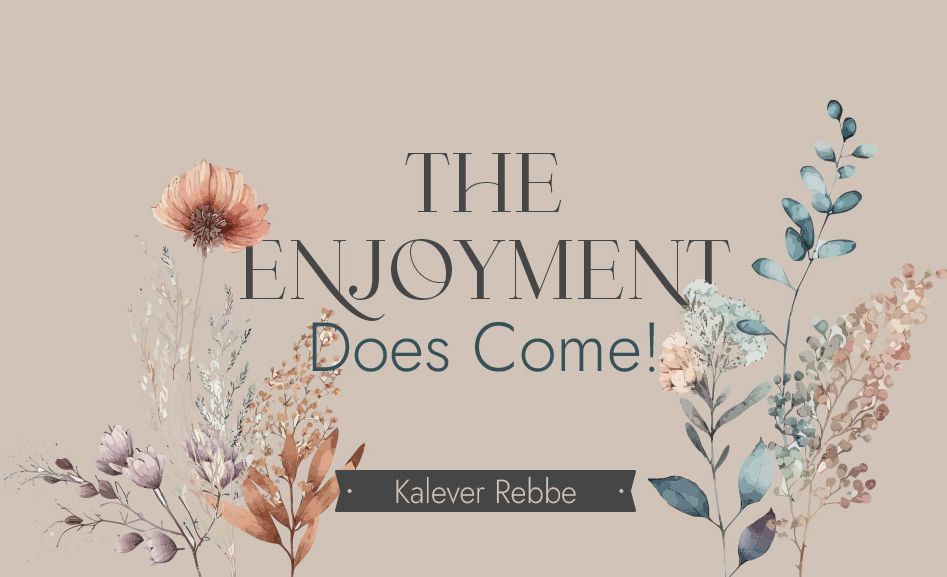
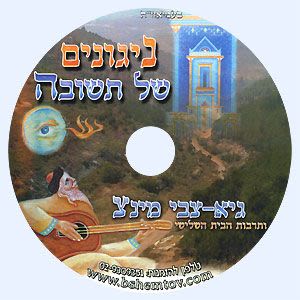
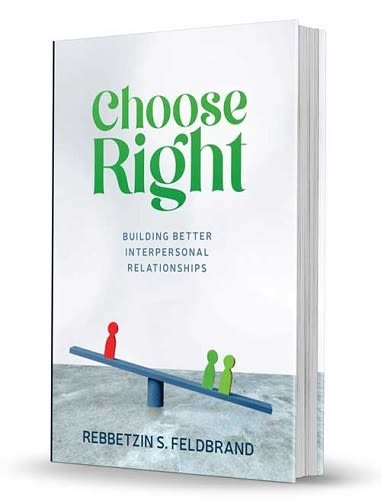
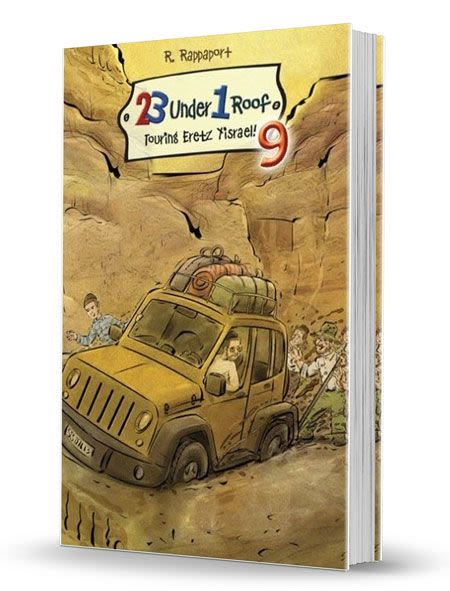
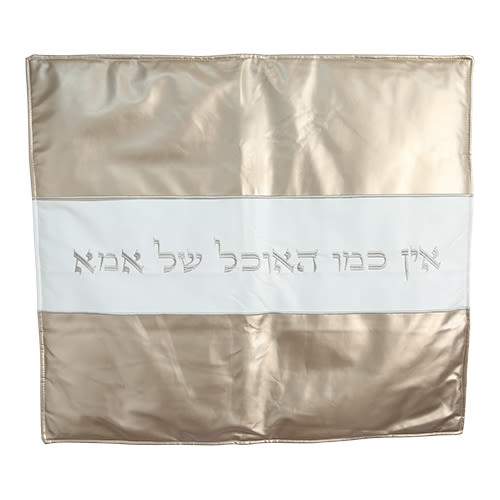

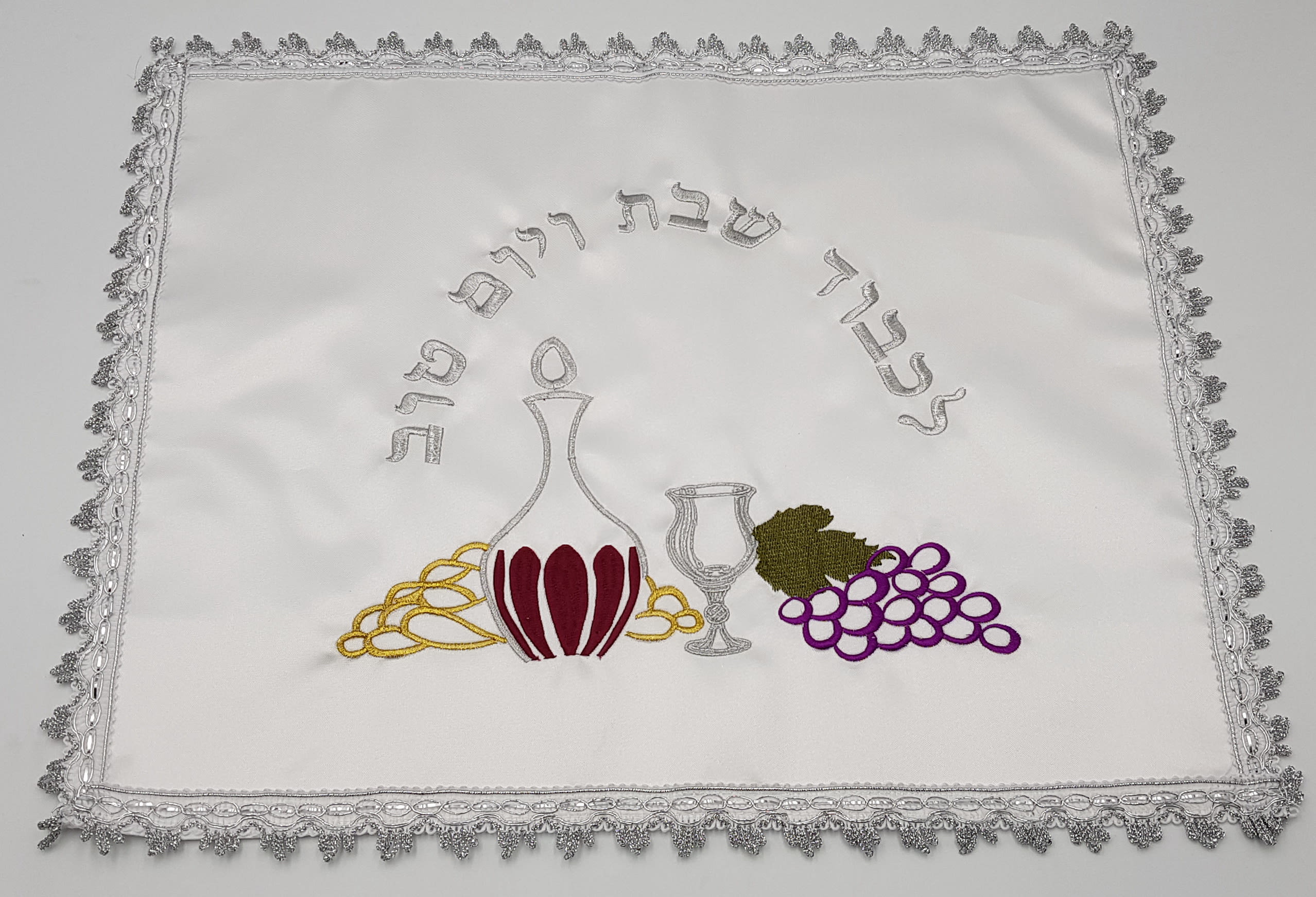
Tell us what you think!
Thank you for your comment!
It will be published after approval by the Editor.